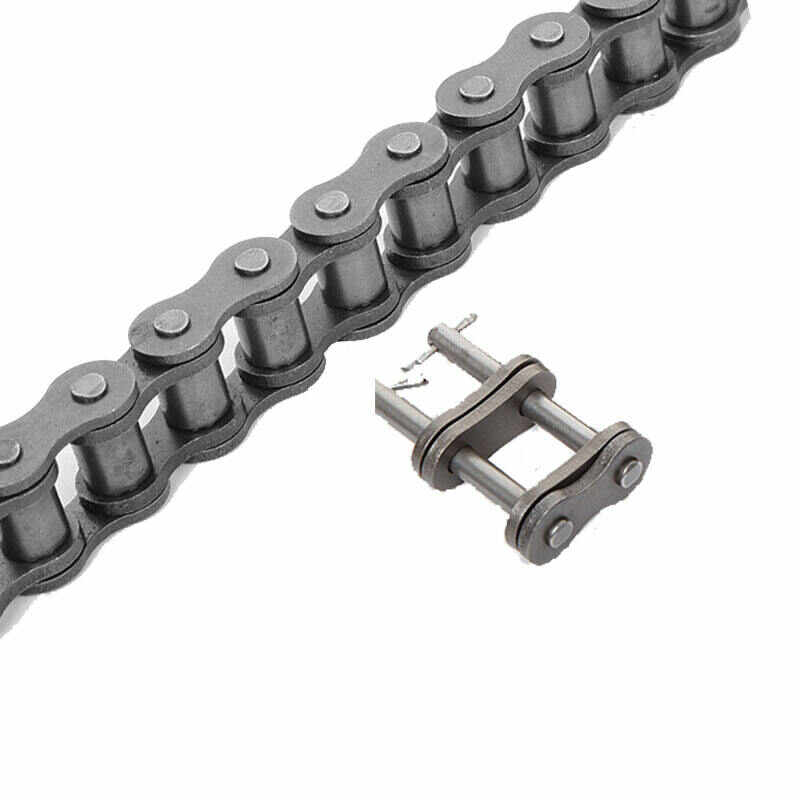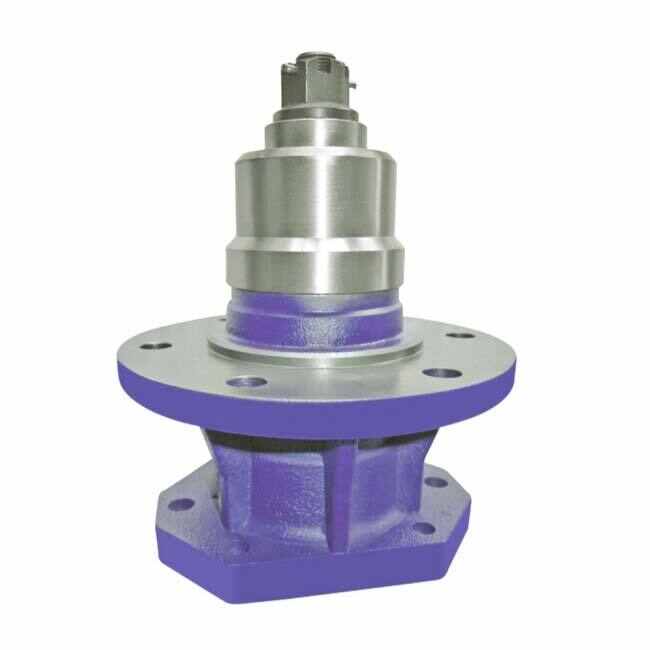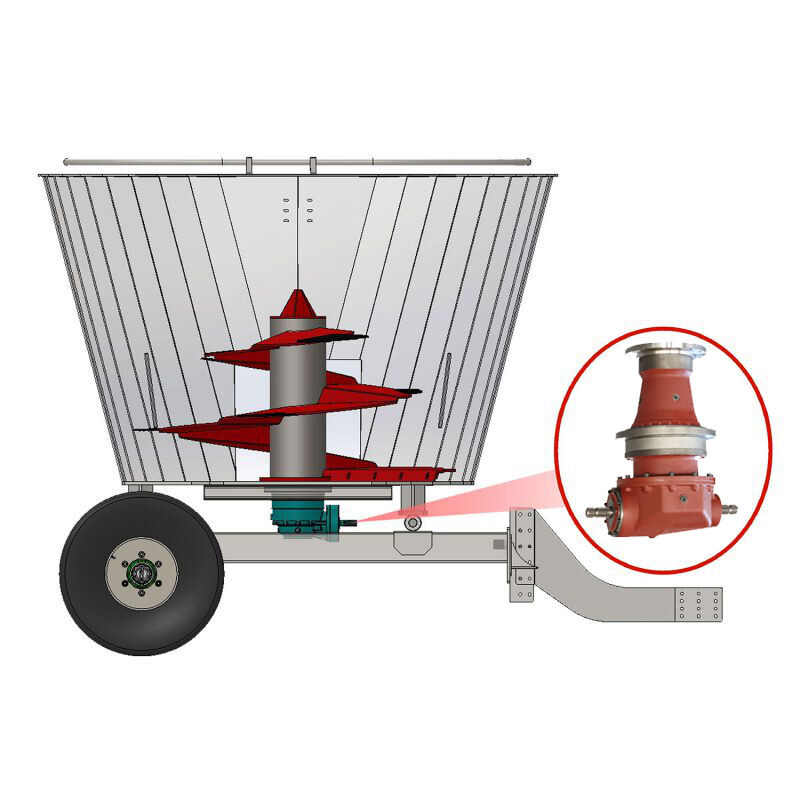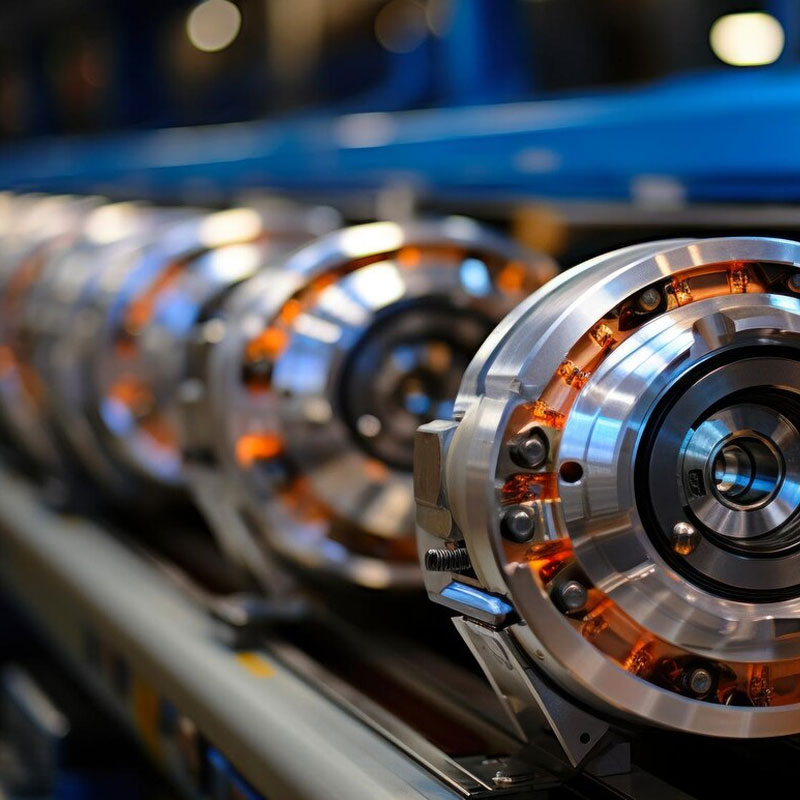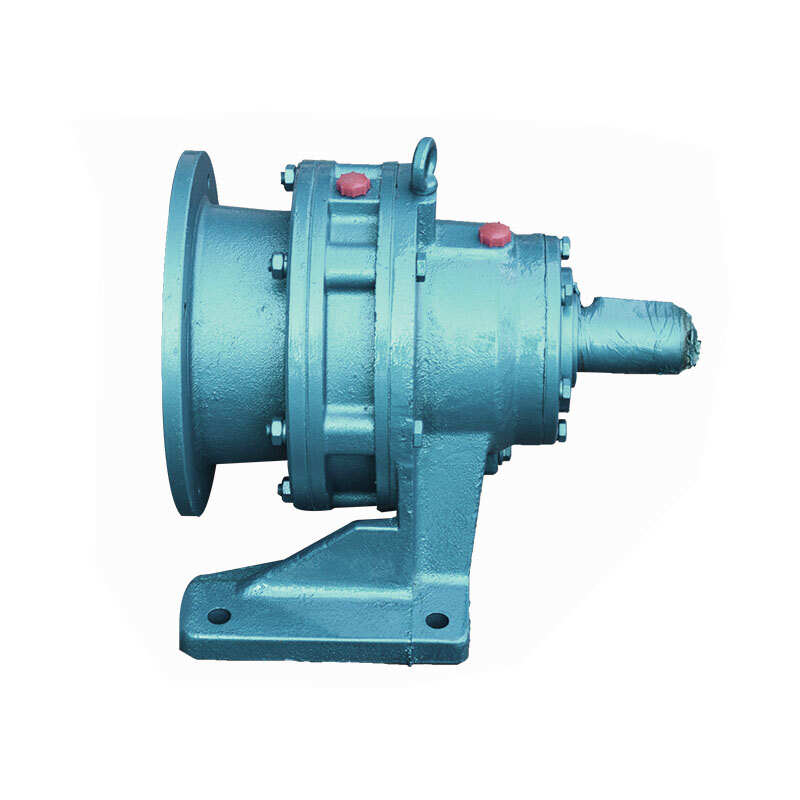Machining Center
What is a Machining Center?
A Machining Center is a highly advanced, computer-controlled machine tool that performs multiple machining operations with high precision and efficiency. It integrates various functions such as milling, drilling, tapping, and boring into a single setup, reducing production time and improving accuracy. These centers are essential in modern manufacturing for producing complex parts in industries like aerospace, automotive, and medical devices. They come in different configurations, including vertical, horizontal, and 5-axis machining centers, each suited for specific applications.
Key Features of Our Machining Centers
Our machining centers are designed with cutting-edge technology to meet the demands of high-precision manufacturing. They offer superior stability, speed, and versatility, ensuring optimal performance for a wide range of materials, from metals to plastics. Key features include advanced CNC systems, automatic tool changers, high-speed spindles, and robust construction for durability. These machines are user-friendly, with intuitive interfaces that simplify operation and maintenance.
Detailed Product Parameters
Below is a comprehensive list and table of parameters for our standard machining center models. These specifications are tailored to provide maximum efficiency and precision in various industrial applications.
Parameter List
- Spindle Speed: Up to 20,000 RPM for high-speed machining
- Tool Capacity: 24-tool automatic changer standard, with options for 30 or 40 tools
- Work Table Size: 500mm x 500mm to 1000mm x 600mm, depending on model
- Axis Travel (X/Y/Z): Ranges from 500mm x 400mm x 400mm to 1200mm x 600mm x 600mm
- Rapid Traverse Rate: 30 m/min to 48 m/min for quick positioning
- Control System: Siemens 828D or Fanuc 0i-MF with user-friendly interface
- Spindle Motor: 7.5 kW to 15 kW, providing high torque for heavy cuts
- Accuracy: Positioning accuracy within ±0.005mm and repeatability of ±0.003mm
- Coolant System: High-pressure coolant with filtration for efficient chip removal
- Weight: Machine weight varies from 2,500 kg to 6,000 kg for stability
Parameter Table
| Model | Spindle Speed (RPM) | Tool Capacity | Table Size (mm) | Axis Travel (X/Y/Z mm) | Rapid Traverse (m/min) | Control System |
|---|---|---|---|---|---|---|
| MC-V500 | 12,000 | 24 | 500x500 | 500/400/400 | 30 | Fanuc 0i-MF |
| MC-H600 | 15,000 | 30 | 600x600 | 600/500/500 | 36 | Siemens 828D |
| MC-5AX1000 | 20,000 | 40 | 1000x600 | 1000/600/600 | 48 | Siemens 828D |
Applications of Machining Centers
Machining centers are versatile machines used across various industries for producing precision components. Common applications include manufacturing engine parts in the automotive sector, creating complex geometries in aerospace components, producing molds and dies for tooling, and fabricating medical implants with tight tolerances. Their ability to handle multiple operations in one setup makes them ideal for high-volume production and prototyping.
Machining Center FAQ
Here are some frequently asked questions about machining centers, answered in detail to help you understand their functionality and benefits.
What types of materials can a machining center handle?
Machining centers can process a wide range of materials, including metals like aluminum, steel, titanium, and brass, as well as plastics and composites. The specific material compatibility depends on the spindle power, tooling, and coolant system, but our models are designed to handle hard materials with ease, ensuring smooth operation and longevity.
How does a machining center differ from a conventional milling machine?
A machining center is a CNC-based machine that automates multiple operations, such as tool changing and axis movements, whereas a conventional milling machine is manually operated and typically handles one operation at a time. Machining centers offer higher precision, faster production speeds, and reduced human error, making them more efficient for complex and repetitive tasks.
What maintenance is required for a machining center?
Regular maintenance includes checking and lubricating the guideways, inspecting the spindle for wear, cleaning the tool changer mechanism, and updating the CNC software. It's recommended to perform daily checks on coolant levels and chip removal, with more thorough inspections monthly. Proper maintenance ensures optimal performance and extends the machine's lifespan, typically up to 10-15 years with care.
Can a machining center be used for prototyping?
Yes, machining centers are excellent for prototyping due to their high accuracy and ability to quickly produce complex parts from digital designs. They allow for rapid iterations and testing, reducing development time. With features like 5-axis capability, they can create intricate prototypes that mimic final production parts, making them valuable in research and development phases.
What safety features are included in your machining centers?
Our machining centers come with multiple safety features, such as emergency stop buttons, protective enclosures with interlock systems that halt operation when opened, overload protection for the spindle and drives, and software-based safety checks. These features help prevent accidents and ensure operator safety, complying with international standards like ISO 13849.
How energy-efficient are modern machining centers?
Modern machining centers are designed with energy efficiency in mind, featuring regenerative drives that recover energy during braking, efficient spindle motors that reduce power consumption, and sleep modes that minimize energy use during idle periods. Our models typically consume 20-30% less energy compared to older machines, contributing to lower operating costs and environmental sustainability.
What training is provided for operating a machining center?
We offer comprehensive training programs that cover basic operation, programming, maintenance, and troubleshooting. This includes hands-on sessions with our technicians, detailed manuals, and online resources. Training can be conducted at your facility or ours, ensuring that operators are proficient in using the machine safely and efficiently, which maximizes productivity and reduces downtime.

